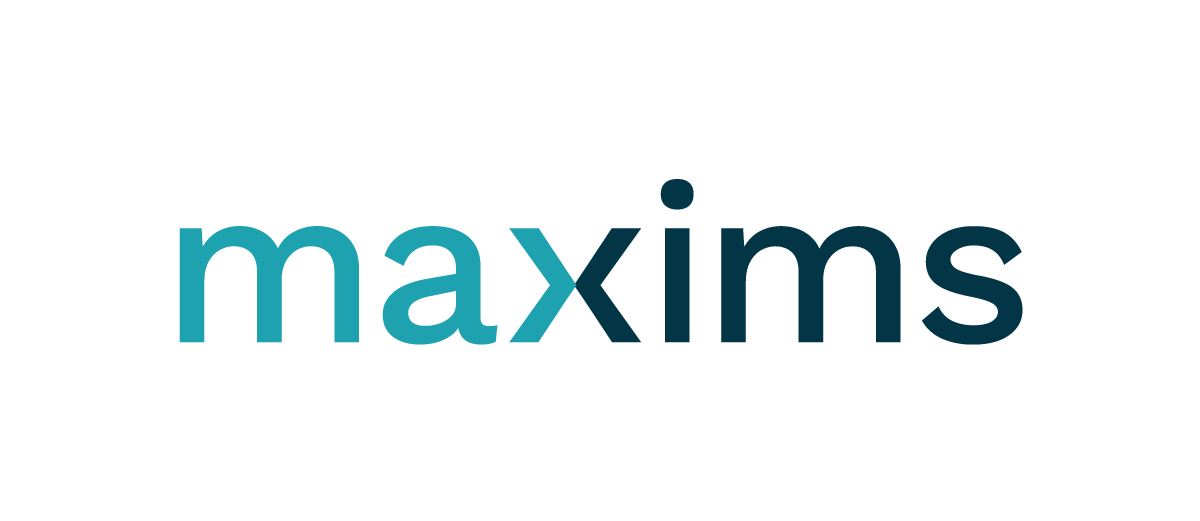Naas General Hospital Did Not Attend (DNA) rates decrease by 12.66% following recent study supported by IMS MAXIMS
The Irish Department of Health (DoH) initiated a study aimed at reducing the rate of Did Not Attend (DNA) appointments in the Outpatient Department (OPD) of the Naas General Hospital. The study focused on investigating how different communication styles via SMS texts could influence patient attendance. The primary objective was to identify the most effective communication style, both in content and format, that would minimise the DNA rate in the OPD department.
Background
An essential part in a patient’s journey within the healthcare system is the transition from receiving an appointment date for an OPD appointment to attending on the schedule day. Ineffective communication during the appointment scheduling phase can diminish engagement and may lead to patients not attending their appointments. A DNA arises when a patient unexpectedly misses an appointment. DNAs for hospital outpatient appointments can result in inefficient staff utilisation, compromised patient care, and increase waiting times. In 2022 there were 481,432 DNAs and 3.4 million attendances for outpatients’ appointments.
The project
In a collaborative effort involving the Department of Health (DoH), the National Treatment Purchase Fund (NTPF), and the Health Service Executive (HSE), the study was conducted to investigate the effectiveness of utilising behavioural insights in redesigning SMS text reminders and letters for hospital outpatient appointments, with the aim of increasing patient attendance rates.
IMS MAXIMS role
The IMS MAXIMS PAS (Patient Administration System) was utilised to randomly select and send out five different SMS text templates to patients regarding their OPD appointments. Each of the five templates varied in content and format, including changes such as addressing patients by their first name, specifying the day of the week for appointments, one of the templates was the standard SMS text reminder format used in 2020. Our PAS software generated comprehensive reports spanning over several months, allowing the PAS system to track the number of DNA appointments associated with each SMS text template. This enables us to determine which template yields the most favourable outcomes. The latest report confirms that the template customised to be more personal produced the best results. We extended the length of the new SMS texts and made them more personal and engaging. We customised the PAS software to randomly assign and use each of the five SMS text templates when sending SMS tests, so that the same number of texts was produced for each of the five SMS text templates. During the course of this project, IMS MAXIMS was involved in the planning, software delivery, implementation, and review phases.
The same is currently being done for OPD Appointment Letter templates. In the case of the letters, we are using a standard letter and a redesigned letter template.
The results
A randomised control trials (RCT) was employed to assess the impact of the four redesigned SMS appointment reminders (interventions) compared to the existing SMS reminder (control) on patients DNA rates. All interventions featured personalisation, reciprocity, and the date of the appointment spelled out. From intervention 2 onwards, the consultant and clinic names were included. Intervention 3 additionally emphasized the importance of attendance for health while intervention 4 referenced the benefits of alerting in advance if unable to attend.
Patients who received Intervention 2 demonstrated a significantly lower DNA rate compared to the control group. Intervention 2 reduced the DNA rates from 18.72% to 16.35%, translating to an absolute reduction of 2.37 percentage points and a relative reduction of 12.66%. Although Intervention 3, which incorporated the health importance aspect on top of Intervention 2, also showed a significantly lower DNA rate compared to the control, the additional information did not lower the DNA rate below that of Intervention 2.
Intervention 2’s redesigned SMS is the most effective reminder, showcasing a 12.66% decrease in DNA rates, prompting one in eight non-attendees to alter their behaviour. It proves to be highly cost effective, with a benefit-to-cost ratio ranging from €300 to €445 per 100 appointment offers. Our suspicion is that Intervention 2’s success in reducing DNAs stems from its ability to enhance appointment recall, establishing a stronger association with the scheduled visit. Interestingly, incorporating additional information beyond what Intervention 2 already offers, did not yield further reductions in DNAs.
COMMENTS
“By reducing the DNA rate for outpatient hospital appointments, it is possible to increase the number of appointments delivered within available resources. This not only increases hospital productivity, but it is also better for patients. This small change to the content of the reminder resulted in one in eight non-attendees changing their behaviour. The intervention is highly cost effective.”
Conclusion
This study demonstrates the potential for personalised communication to have a substantial impact on reducing DNA rates in hospitals. By leveraging effective communication strategies, healthcare organisations can minimise wastage, optimise resource utilisations, and improve patient access to appointments. This study serves as a valuable resource for other healthcare providers seeking to enhance patient engagement and attendance in outpatient services.
Given the success of this project, the research team are conducting a similar evaluation for the OPD appointment letters.
IMS MAXIMS is honoured to have played a pivotal role in this study. Our PAS team, Kieran Quiqley, Irish PAS Manager, and Tanya Power, Senior Software Engineer (PAS), worked closely with the Department of Health and we’re delighted to see the decrease in DNA rates at the General Naas Hospital as a result of the study.
Reference link
Department of Health Analytical Paper 2024 - The Better Letter Initiative: An Evaluation of the Impact of Redesigned Appointment SMS Reminder on Outpatients DNAs (Research Services and Policy Unit, Department of Health, April 2024)

